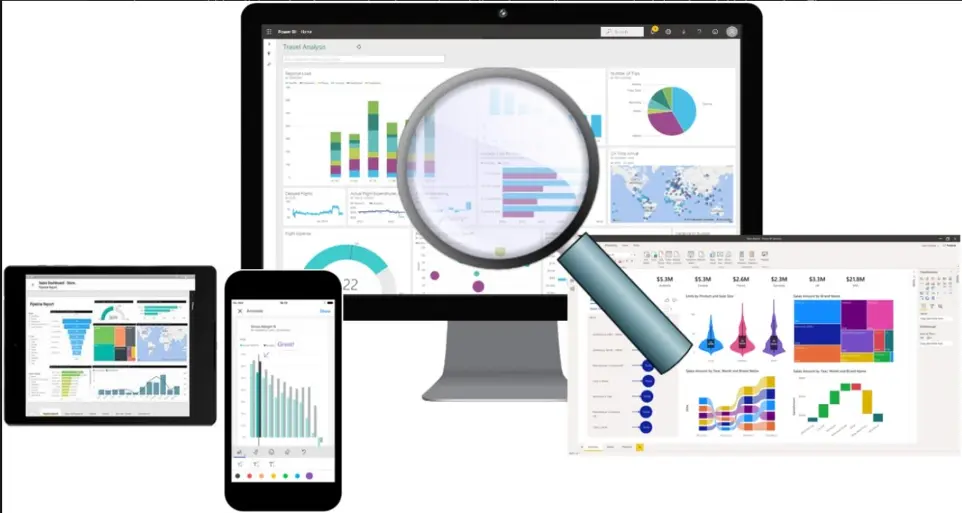Why should your business implement Odoo ERP ?

6. Cost-Effective
Compared to some other ERP solutions,
Odoo can be more cost-effective due to its modular pricing structure and the availability of the community edition.
This makes it accessible for businesses
with varying budget constraints.
7. Cloud and On-Premise Options
Odoo can be deployed in the cloud or on-premises, providing flexibility depending on your business’s preferences and IT infrastructure. This can help businesses maintain control over their data and security.

9. Real-Time Analytics and Reporting
Odoo provides advanced analytics and reporting tools that help businesses track key performance indicators (KPIs) in real time. This enables better decision-making based on up-to-date data.
8. Strong Community and
Support
Odoo has a large community of users and developers, as well as official support options.
This means businesses can find a wealth of resources, forums,and documentation to assist them with implementation and troubleshooting.




12. Global Reach
Odoo supports multiple languages and currencies, making it suitable for businesses with international operations or aspirations.
10. Improved Collaboration
With integrated applications, Odoo enhances collaboration and communication among departments. This leads to increased efficiency and a more cohesive working environment.
11. Mobile Accessibility
Odoo is designed to be mobile-friendly, allowing users to access the system from different devices, which is particularly beneficial for remote work and employees on the go.

Conclusion
"Implementing Odoo ERP can streamline business processes, improve efficiency, and provide valuable insights into operations. Its flexibility, cost-effective nature, and comprehensive functionality make it an appealing choice for many organizations looking to optimize their operations and drive growth. However, it is essential to conduct a thorough assessment of your business needs and consider professional support during implementation to ensure a successful deployment. "




